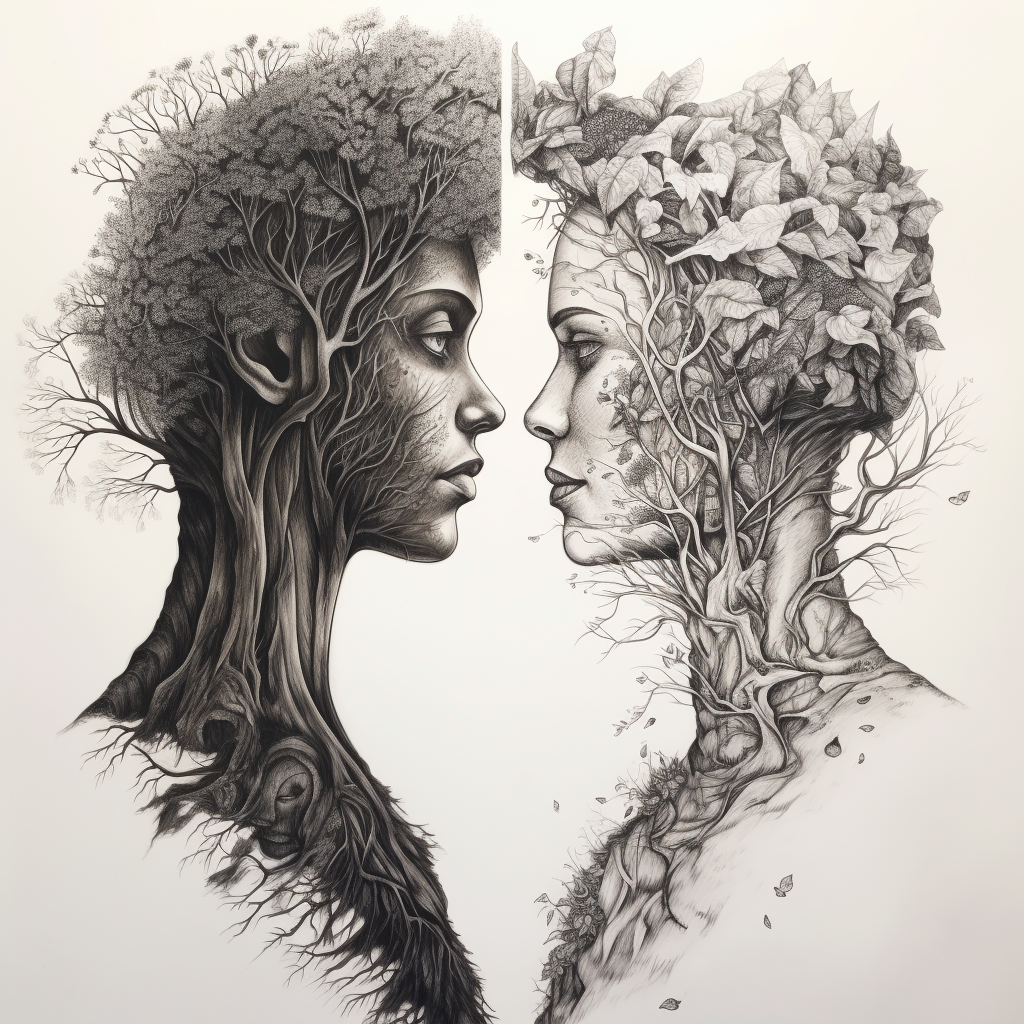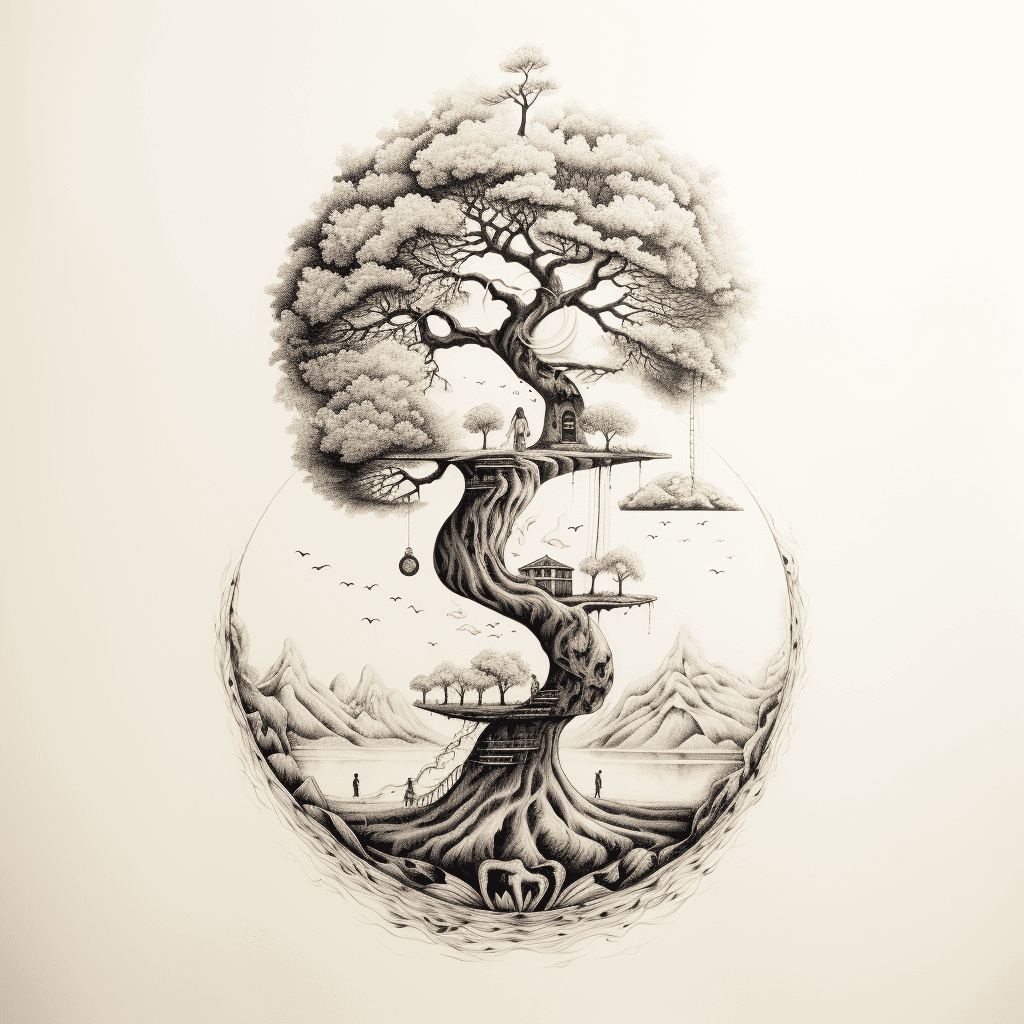About
We are irrevocably changing our `'pale blue dot,`' the only place in the universe known to house life.
Layers

Interstitial Thinking
A cognitive approach that focuses on the spaces, gaps, and connections between established categories, disciplines, or systems. This mode of thought emphasizes the exploration and integration of diverse insights, challenging traditional boundaries, and promoting holistic and innovative solutions. Interstitial thinkers are adept at recognizing and bridging the nuances and intersections often overlooked in compartmentalized perspectives, fostering interdisciplinary collaboration and synthesis.

Knowledge Waste
The underutilization, non-transfer, or loss of valuable information, skills, practices, and insights that could contribute to individual, organizational, or societal advancement. This concept encompasses the failure to harness, share, or apply the full potential of accumulated knowledge, leading to redundant efforts, missed opportunities, and suboptimal outcomes. Knowledge waste can arise from barriers to access, communication breakdowns, neglect of historical or indigenous knowledge, and the inability to effectively integrate and implement known solutions.

Multigenerational Thinking
A cognitive and strategic approach that considers the implications, consequences, and benefits of decisions and actions across multiple generations, both past and future. This perspective emphasizes long-term sustainability, intergenerational equity, and the legacy left for future generations, while acknowledging lessons and wisdom inherited from preceding ones. Multigenerational thinkers prioritize decisions that harmonize immediate needs with the long-term well-being and prosperity of successive generations.

Rewilding Humanity
A transformative philosophical and practical approach that seeks to reconnect human beings with their primal instincts, natural environments, and intrinsic relationship to the Earth. This perspective emphasizes the restoration of lost or diminished human-nature interactions, the rekindling of innate human behaviors harmonious with the environment, and the fostering of lifestyles that reduce the chasm between modern human civilization and the natural world. Rewilding humanity aims to heal the detachment from nature, encouraging practices, and mindsets that revive our innate symbiosis with the planet.

Assisted Recovery & Evolution
A proactive and intentional approach to aiding and guiding the restoration, adaptation, and progression of natural ecosystems and species. This perspective recognizes the profound impacts humans have had on the environment and seeks to utilize scientific knowledge, technology, and responsible intervention to support nature's resilience and evolution in the face of challenges. Assisted recovery emphasizes immediate restoration efforts, while the evolution aspect focuses on ensuring that ecosystems and species are equipped to thrive in changing future conditions, potentially influenced by factors like climate change, habitat fragmentation, and human activities.

Making the Unseen Seen
The process of revealing, acknowledging, or amplifying overlooked, hidden, or subtle phenomena, concepts, or issues, often bringing them to the forefront of collective consciousness or consideration. This approach emphasizes the importance of shedding light on marginalized narratives, obscured truths, or underlying systems, using tools, mediums, or strategies that make them more palpable, visible, or understandable. Whether in art, science, or social discourse, making the unseen seen challenges prevailing perspectives and urges deeper exploration and understanding of the world around us.